RIO, the digital brand of the TRATON GROUP, is developing a cloud-based platform solution for logistics in the Volkswagen Group. Its goal is to make transports more efficient and cost-effective by increasing transparency in the supply chain. The savings potential is considerable.
Around 25,000 transports across Europe every day — with more than 250 forwarders to coordinate: what Volkswagen Group Logistics does for the twelve brands of the Volkswagen Group is truly a mammoth task. It supplies components by rail and road to production lines at the European plants, manages the intercontinental sea and air freight networks, and transports new vehicles to sales markets around the world. To further increase transparency, efficiency, and reliability in this process, the TRATON GROUP and its RIO brand are currently developing a new cloud-based logistics platform for the members of the Group. As a provider of innovative digital services — regardless of the truck brand — RIO already has a deep understanding of the logistics business and the added value of smart connectivity. Now RIO is building the digital bridges that connect suppliers, forwarders, and clients.
In automotive logistics, maximum transparency in the transport chain has a high priority. It is essential to avoid disruptions in the operating process. “Steady production is extremely important at Volkswagen. And to ensure that, we need to know at all times, for instance, which parts are in the warehouse and which are on their way,” explains Karsten Kampowsky, Head of Product Management at RIO. Thanks to telematics technology, which continuously transmits data on the status of the vehicle and its load to the new software, everyone involved in the logistics chain knows at all times where the load is. Experts refer to this wealth of data as the “digital twin” of the truck. Shipments can thus be tracked seamlessly, even when subcontractors are used. “By having early access to this information, materials requirement planners are able to plan return freight better, avoid empty runs, and increase capacity utilization,” Kampowsky reports. “That is real added value.”
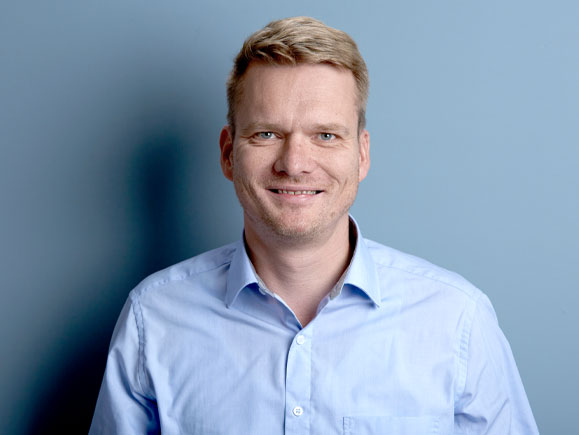
Karsten Kampowsky, Head of Product Management at RIO, values transparency along the entire transport chain.
“We make a very good team with the digital department of Volkswagen Group Logistics.”Karsten Kampowsky
Head of Product Management at RIO
Volkswagen expects to save millions by using the new RIO logistics platform. For this comprehensive digitalization to succeed, powerful cloud-based IT is needed in the background. The advantage is obvious: it doesn’t matter whether 100 or 100,000 trucks deliver tracking data — the underlying structure of the cloud offers virtually unlimited possibilities in terms of performance and storage capacity. This additional flexibility will enable the Group’s logistics staff to respond more quickly to changing requirements in the future, whether they result from new suppliers or forwarders being added or from changes in the supply chain.
Agile methods lead to success
Several development teams from Volkswagen and RIO are now using agile methods such as Scrum to connect the Group’s existing logistics systems to the cloud and to drive digitalization forward. At the same time, they have to meet the particularly high IT security requirements. “We make a very good team with the digital department of Volkswagen Group Logistics,” reports Kampowsky. “During the development process, both sides have come to the realization that progress can only be made with agile working methods.” To be able to exploit the positive effects quickly, one thing is particularly important: “We don’t want to replicate entire system landscapes, we just want to leverage specific elements effectively.”
25,000transports across Europe are coordinated and organized by Volkswagen Group Logistics each day to supply the production facilities of the twelve brands with parts and to deliver new vehicles.
Both sides benefit from this digital transformation: Volkswagen gets a best-in-class, efficient, connected logistics system, and RIO strengthens its core business by connecting clients and contractors and optimizing demand planning. “We offer our digital services to the forwarders involved to help them meet the transparency requirements of Volkswagen Group Logistics,” says Kampowsky.
Currently, RIO can already track full loads. In a future expansion stage, the platform will also provide information on partial loads all the way down to the shipment level. It will then be possible, for example, to track which part of a truckload is delivered from Bratislava to Ingolstadt and which to Wolfsburg. This is essential for just-in-time logistics so that the right parts arrive at the right manufacturing conveyor belt at the right time.

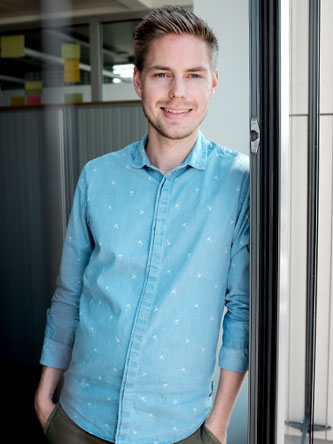
Tobias Hobbs-Zöllner, Head of Strategy at RIO, has his sights set on the future and wants to establish the logistics platform as an industry solution.
The transition to the new logistics platform will entail various individual projects, one of which was recently launched. The Volkswagen Group’s spare parts supply is organized from Kassel, Germany. A main warehouse and various secondary warehouses form a closed transport network, with around 800 warehouse employees registering their requirements in a booking tool. For this purpose, RIO has developed transport commissioning software that offers better data quality and greater transparency. While the connected transport service providers are able to accept and confirm their orders, Controlling now has an overview of all scheduled and completed transports and can optimize operational procedures if necessary. The project team developed the software in an ongoing dialogue with its contacts at Group Logistics and the logistics division, which ultimately benefits from the optimizations. The project demonstrated how effective agile methods truly are: it was completed successfully in around four months and thus within the specified timeframe.
“The logistics platform can be established as a sector solution, regardless of whether it’s automotive, pharmaceutical, or food logistics.”Tobias Hobbs-Zöllner
Head of Strategy at RIO
Establishing the platform as an industry solution
The digitalization of Volkswagen Group Logistics promises synergies, since other users beyond the Group and the automotive industry can generally also use the newly developed services — especially the manufacturing industry with its highly serialized production. “The logistics platform can be established as a sector solution, regardless of whether it’s automotive, pharmaceutical, or food logistics,” says Tobias Hobbs-Zöllner, Head of Strategy at RIO. Economies of scale would create benefits for all parties involved and offer competitive advantages. And the RIO team is already working on the next steps.

Jan Kaumanns, CEO of RIO, is proud to bring the company's digital expertise to the partnership.
“Complex transitions like this only work if all those involved pull together — from the Executive Board to the logistics staff and the IT experts.”Jan Kaumanns
CEO of RIO
In the future, artificial intelligence could be used to evaluate weather and traffic data and predict that a delivery from Bratislava to Wolfsburg will be delayed by an hour due to snowfall or a traffic jam, for example. Critical information for just-in-time logistics would thus be transmitted in an automated and reliable manner. The integration of other modes of transport will also gain in importance in the future, since RIO was designed as a multimodal supply chain solution. Commenting on the successful collaboration with Volkswagen Group Logistics, RIO CEO Jan Kaumanns emphasizes one thing in particular: “Complex transitions like this only work if all those involved pull together — from the Executive Board to the logistics staff and the IT experts.”
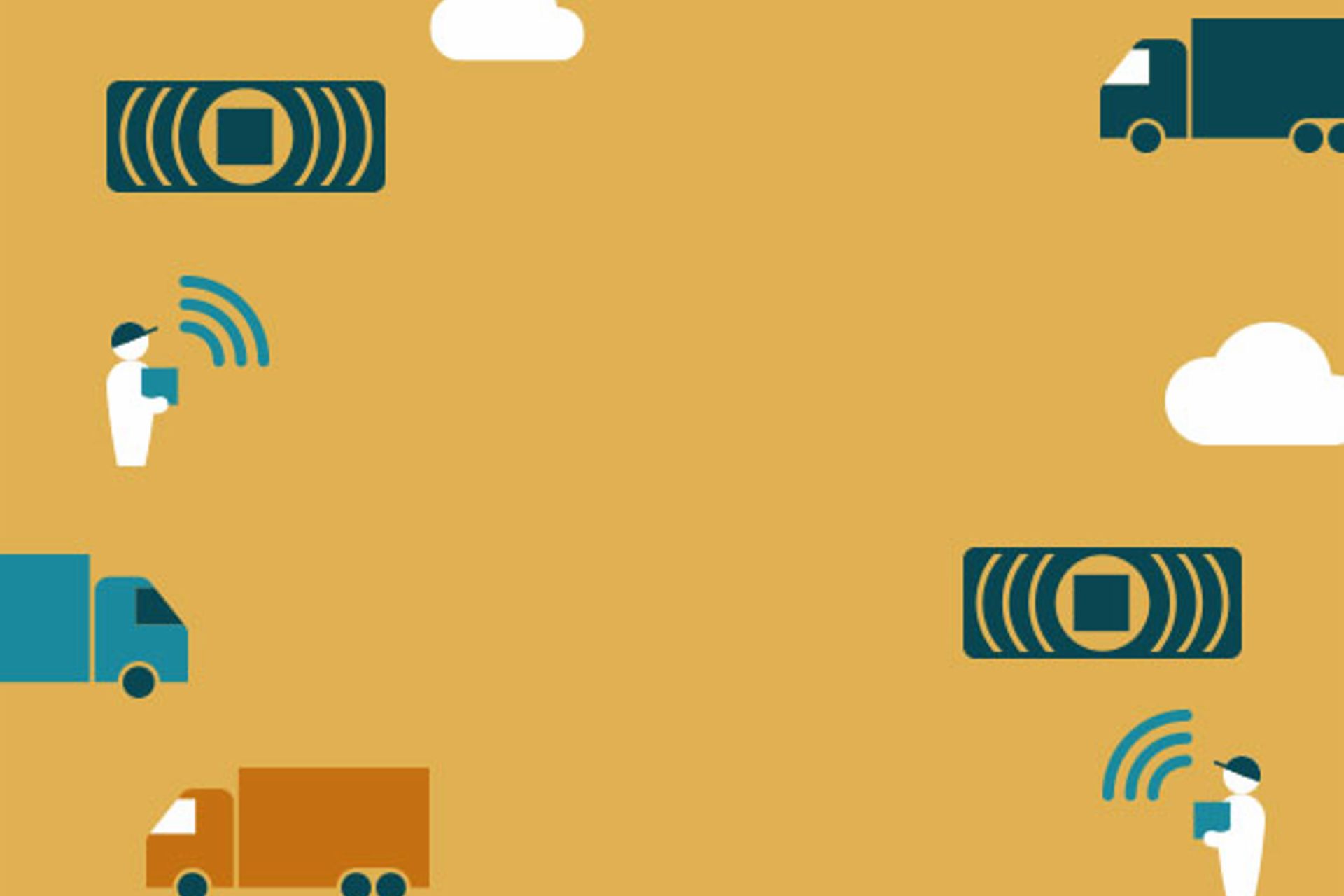
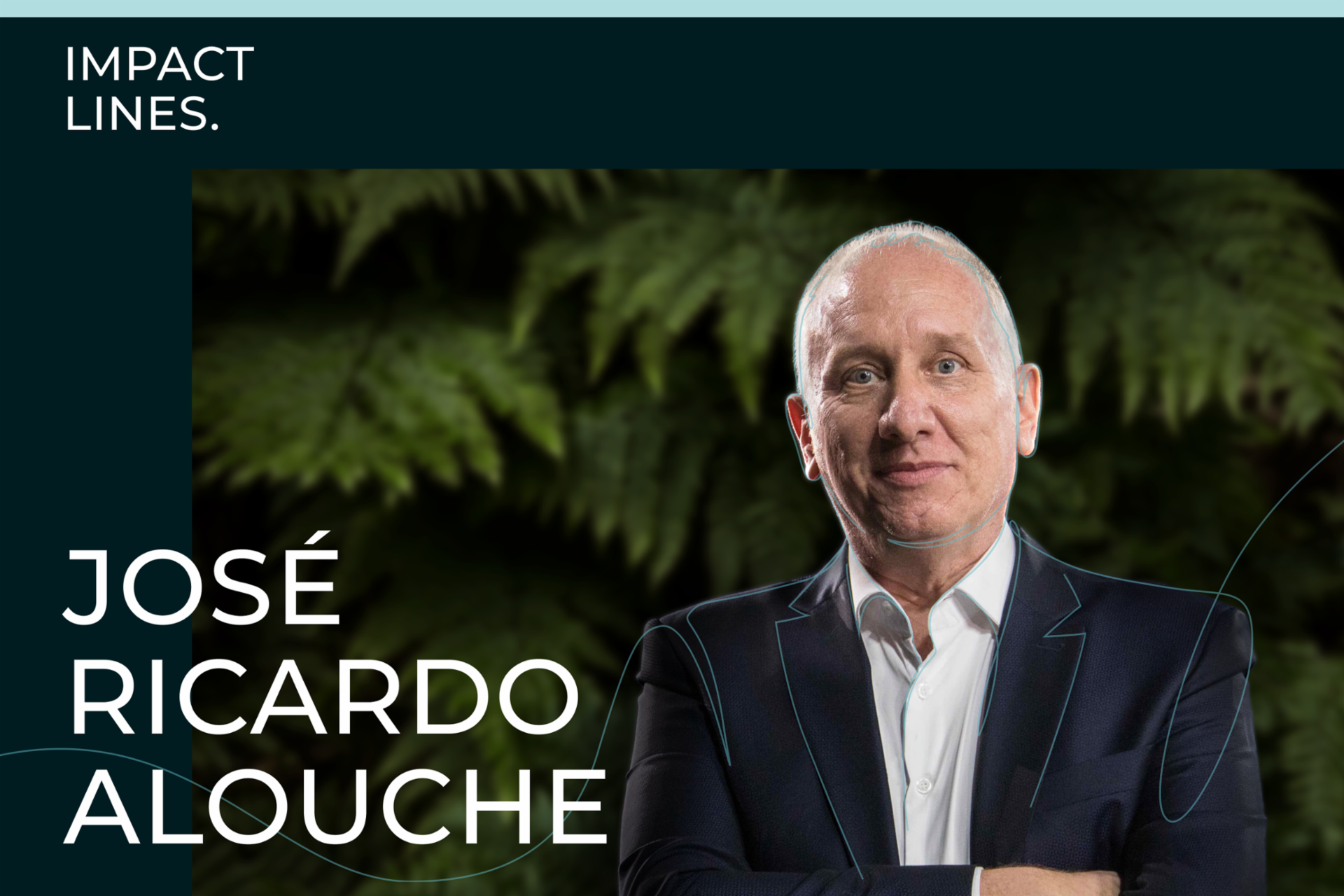
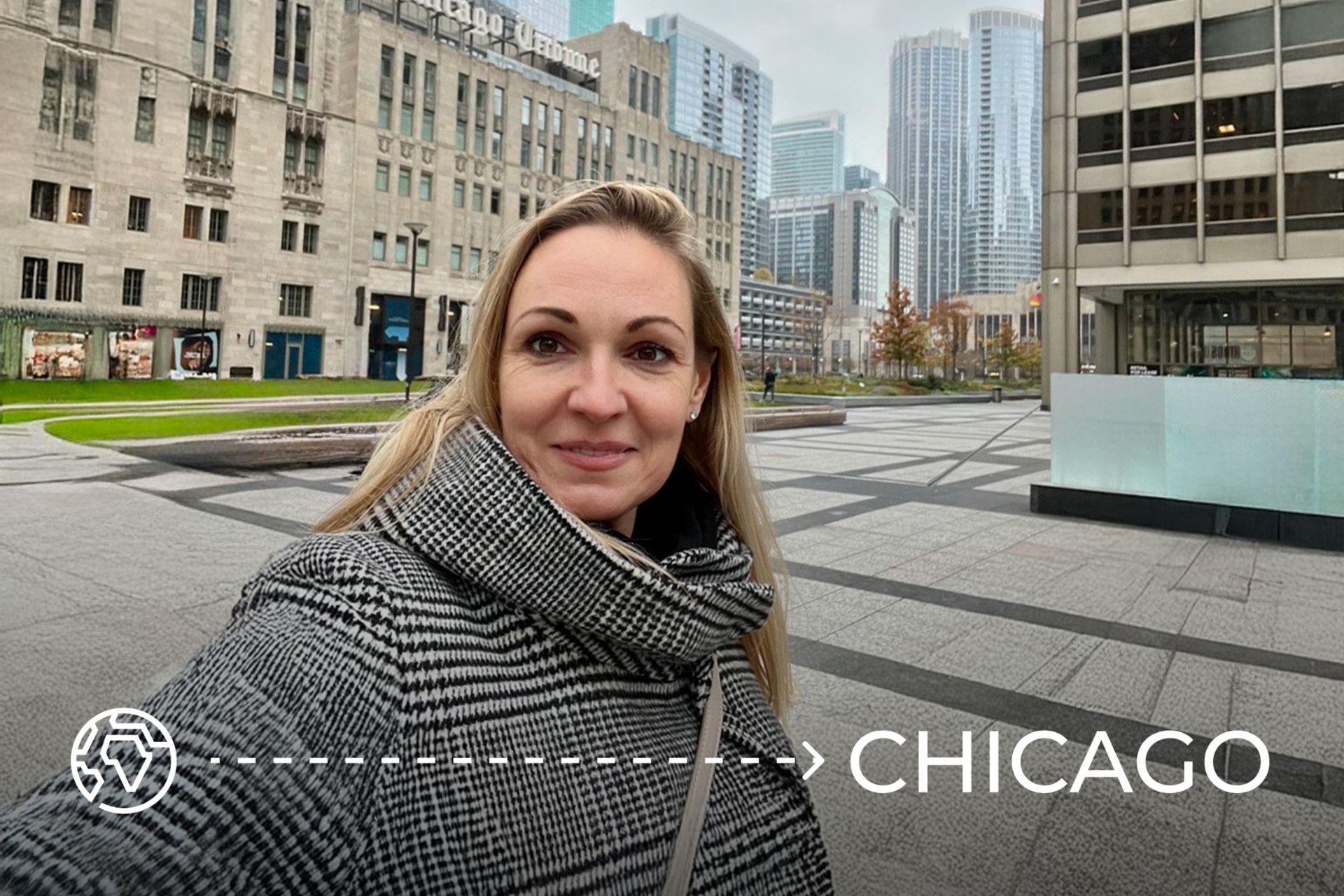


.jpg/jcr:content/Teaser-Grafik-Tiva-Sharifi-3840x2560-V1-(1).jpg
)
.jpg/jcr:content/Teaser-Grafik-Mansoureh-3840x2560-V1-(1).jpg
)
